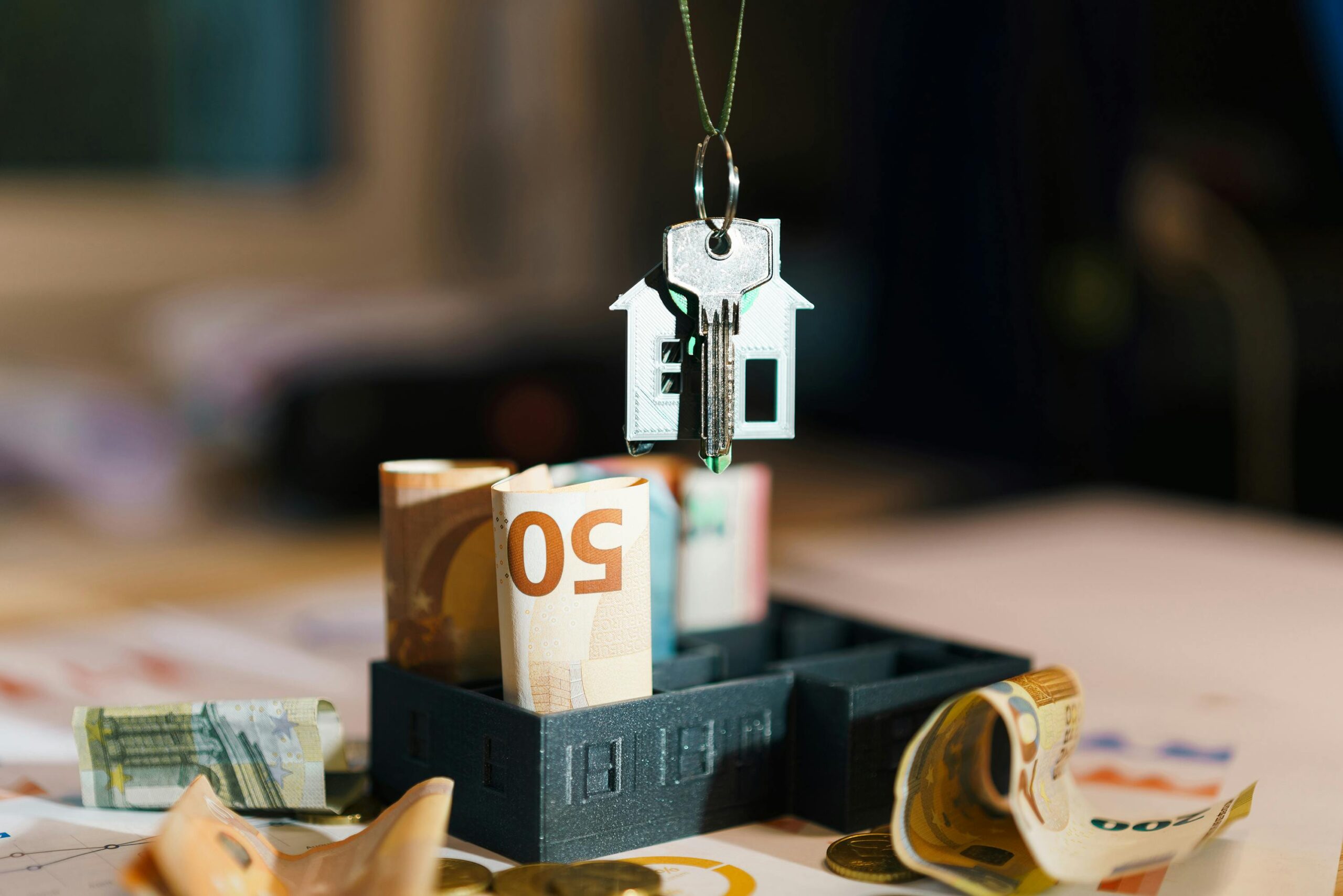
Title: What Should You Do If a Stranger Sends You Money on Zelle
The convenience of digital payment platforms like Zelle has transformed how you handle your finances. However, a stranger sending you money through Zelle raises essential questions. What should you do? Receiving unexpected money may seem like a windfall, but it requires a careful approach to protect yourself from fraud and ensure you act ethically.
Here, I address three common questions about handling such situations, providing you with actionable advice backed by over 20 years of experience in personal finance.
Question 1: Is it safe to keep the money if a stranger sends it to me?
Do not keep the money. If you receive a payment from someone you don’t know, consider it a potential mistake or, worse, a fraudulent transaction. Most digital payment services operate under “consumer protection,” yet Zelle is different. Unlike credit cards or PayPal, Zelle does not offer buyer protection. If the sender disputes the transaction, your bank could require you to return the funds, and you could also potentially incur fees or create overdrawn balances.
If you decide to report the transaction as unauthorized, contact your bank immediately. They can provide guidance on how to proceed and possibly reverse the transaction if it’s deemed fraudulent. Always prioritize your safety and abiding by financial regulations.
Question 2: How do I determine if the payment was sent accidentally or if it’s a scam?
Identify the sender’s information first. Check the contact name or email address associated with the transaction. Look for any details provided, such as an accompanying message. Unless you know the sender personally or have valid proof of a transaction agreed upon, assume that the payment could be related to a scam.
You should attempt to reach out to the sender if you’re willing to do so. A straightforward email or text can help clarify their intent. If they sent it in error, they might appreciate your effort. Ask them to initiate a reversal through their own bank to ensure a proper audit trail.
Regardless of their response, tactfully advising any stranger seeking to engage with Zelle suggests they double-check their transactions before submitting. This protects everyone involved.
Question 3: What actions should I take after receiving unexpected money?
Act promptly. Permanently avoid any utilization of funds that do not belong to you. Beyond checking for clarity from the sender, consider documenting the incoming funds. Screenshots of the transaction, timestamps, and any communication related to it remain valuable if questions surface later.
If you receive no response from the sender in a reasonable timeframe, contact your bank or Zelle support for further instruction about how to proceed next. Many institutions categorize unexpected or unauthorized funds differently. They can provide recommendation services based on their guidelines.
For transparent practices in your financial dealings, aligning your goals means cultivating a strict no-tolerance policy towards unexpected funds from strangers. Engage strictly through your trusted networks to mitigate risks continually.
By applying these practical approaches, you can appropriately navigate situations where a stranger sends you money on Zelle. This knowledge not only helps secure your finances but also illustrates the importance of vigilantly managing your personal finance activities.
Stay informed, take action, and prioritize your security. These foundational steps will serve you best in the world of digital transactions.
Being cautious with unexpected transactions protects your financial safety. For further insights into managing your personal finances effectively, check out related articles in our collection of Financial Advice Columns.
image source: Jakub Zerdzicki





